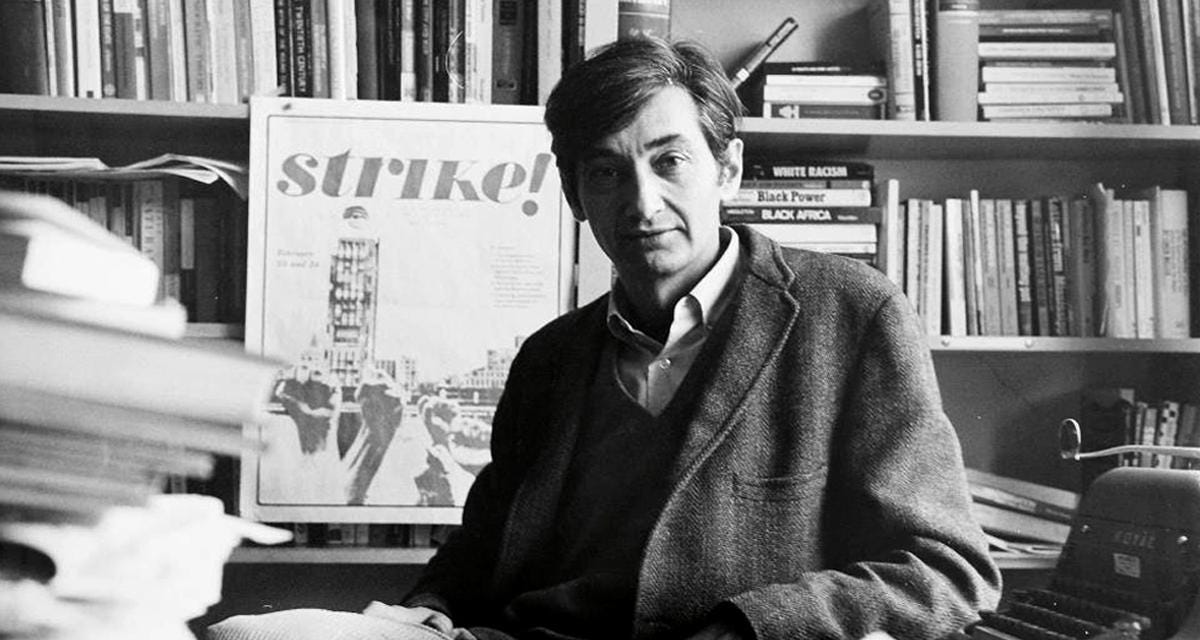Howard Zinn: The American History Truth
Imagine history class. Do you see soaring speeches from presidents, bold declarations of freedom, and a triumphant march of progress? Is that the whole story, or just a curated highlight reel, carefully edited to inspire patriotism and a sense of national destiny? What if the "facts" you learned were incomplete, intentionally obscuring the struggles, the injustices, and the silenced voices that shaped America? That's the question Howard Zinn relentlessly posed, and the answer, as he revealed in his groundbreaking work, is far more complicated, and far more compelling, than you might think.
The Unveiling: A People's History
Howard Zinn’s A People's History of the United States wasn't just another textbook; it was a revolutionary act. It was a conscious effort to dismantle the traditional, top-down narrative that celebrated the powerful while often ignoring the pain and resistance of those at the bottom. Instead of focusing solely on presidents and generals, Zinn gave a voice to the voiceless: the indigenous peoples, the enslaved Africans, the laborers, the women, and all the marginalized groups whose stories were often left out of the official record.
Why does this matter? Because history, as Zinn understood it, is not just a collection of dates and names. It's a powerful tool, a narrative that shapes our understanding of the world and our place within it. By controlling the narrative, those in power control our perception of the present and the future. Have you ever considered how much of your understanding of the world is shaped by the stories you are told?
Challenging the "Official" Story
Zinn's method was simple, yet profoundly impactful. He went directly to the primary sources, digging deep into letters, diaries, and forgotten documents. He didn't just repeat the established narrative; he challenged it, questioning the motives of those in power and highlighting the often-brutal realities behind the grand pronouncements. He took on the myths we tell ourselves, examining the cracks in the foundations of American exceptionalism.
Consider some examples:
The "discovery" of America: Zinn re-examines Columbus's voyages, detailing the brutal treatment of indigenous populations.
The Founding Fathers: He reveals the uncomfortable truths about slavery and the compromises that shaped the Constitution.
Manifest Destiny: Zinn exposes the expansionist policies that led to the displacement and slaughter of Native Americans.
By presenting these counter-narratives, Zinn forces us to confront the complexities of American history, the uncomfortable truths that are often swept under the rug.
The Power of the People: A Bottom-Up Perspective
At the heart of Zinn's work lies a fundamental belief: true progress comes not from the generosity of elites, but from the relentless pressure of ordinary people demanding change. He showed us how the struggles of labor unions, the Civil Rights Movement, and the anti-war protests all played a crucial role in shaping the nation. He understood that history is made, not just by the powerful, but by the actions of everyday individuals.
“History is not just a set of facts, it is a story, and stories can be used to justify anything.”
This understanding is key. It challenges the passive role often assigned to citizens. Instead, Zinn emphasizes the agency of the individual, the power we all possess to question, to resist, and to create a more just world. Have you ever felt powerless? Zinn's work is a reminder that you are not.
The Legacy of Truth
Zinn's impact on American history and, more broadly, on our understanding of the world, is undeniable. His book has sold millions of copies and continues to be read by students, activists, and anyone seeking a more nuanced understanding of the past. His work has inspired countless others to question authority, to seek out alternative perspectives, and to become active participants in shaping their own future. Watch this to understand more
But why is his work still so relevant today? Because the same power dynamics, the same inequalities, and the same struggles persist. Zinn's insights are not relics of the past; they are essential tools for navigating the present. They remind us that the fight for justice is ongoing, that the narrative is constantly being contested, and that the truth, however inconvenient, must be sought out and shared.
Unlock deeper insights with a 10% discount on the annual plan.
Support thoughtful analysis and join a growing community of readers committed to understanding the world through philosophy and reason.
Reflections and Questions
So, what does this mean for you? How does Zinn's approach change the way you view history?
Are you comfortable with the official narrative, or are you willing to question it?
Who is missing from the story?
What are the stories being told today that might obscure the truth?
Howard Zinn didn't offer easy answers. Instead, he provided a framework, a lens through which to view the world. His legacy is not just a book, but a challenge: to be critical thinkers, to be active citizens, and to never stop seeking the truth.
The power to change the world lies within us all.




“History is not just a set of facts, it is a story, and stories can be used to justify anything.” Zinn is a great example of using history "to justify anything " and is very controversial. This article needs balance.
https://scholarstudy.substack.com/p/5-philosophy-classics-that-still?r=28woco